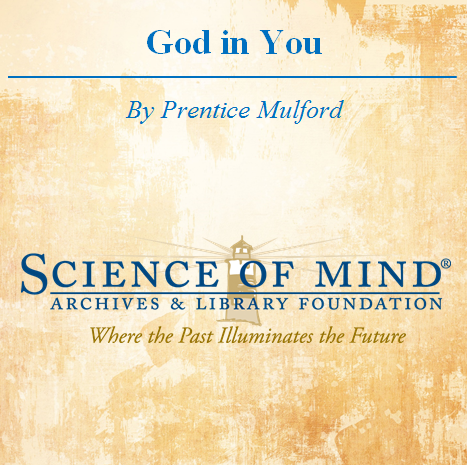Description
Author: Prentice Mulford
THERE is a gospel older than Christianity, older than Buddhism, older than Brahmanism, older than the classic religions of Greece and Rome, older than the worship of idols and the worship of ancestors. This gospel has been preached under varying forms and names, and with stress laid upon different aspects of its truth and its applicability to differing conditions of civilisation and to the different characters of the peoples to whom the message has been addressed. It is probably as old as the earliest traditions of civilised man, and the preaching of it becomes a periodical necessity through the very evolution and growth of civilisation itself. It acts as an alternative medicine, a corrective of the tendency inherent in civilisation to drift insensibly into channels of artificiality, to substitute the letter for the spirit, the creed for the life, the formula for the thing signified, habit for deliberate conscious action, the cant catchword for the life-giving principle, the spurious imitation for the genuine product. The Gospel to which I allude Is the Gospel of the Return to Nature.
In every generation of the world’s history since man was civilised, the realisation of this state has been the dream of a few idealists who saw it existing in the far distant past of the world’s history in an allegorical form as the fabled Golden Age sung of by the poets. If it is older than all the religions, it yet takes its place as an essential element of all of them in the first stages of their existence. Jesus Christ struck the keynote in his preaching when he bade his disciples “suffer the little children to come unto me, for of such is the Kingdom of Heaven,” and again when he said, “Except ye be born again as a little child ye cannot enter into the Kingdom of Heaven.” And the refrain of very many of his injunctions to his disciples was the adoption of what we should now call the Simple Life so much talked about but so little lived in these days of the twentieth century. Buddha gave expression to the same thought and practised it in his renunciation of his princely life and his adoption of the life of the wondering preacher, of the begging friar. The same truth was inculcated in China by Lao-tsze and again to a later age, in France, by Jean Jacques Rousseau in his Social Contract and his Discourse on the Origin of Inequality among Men.”

